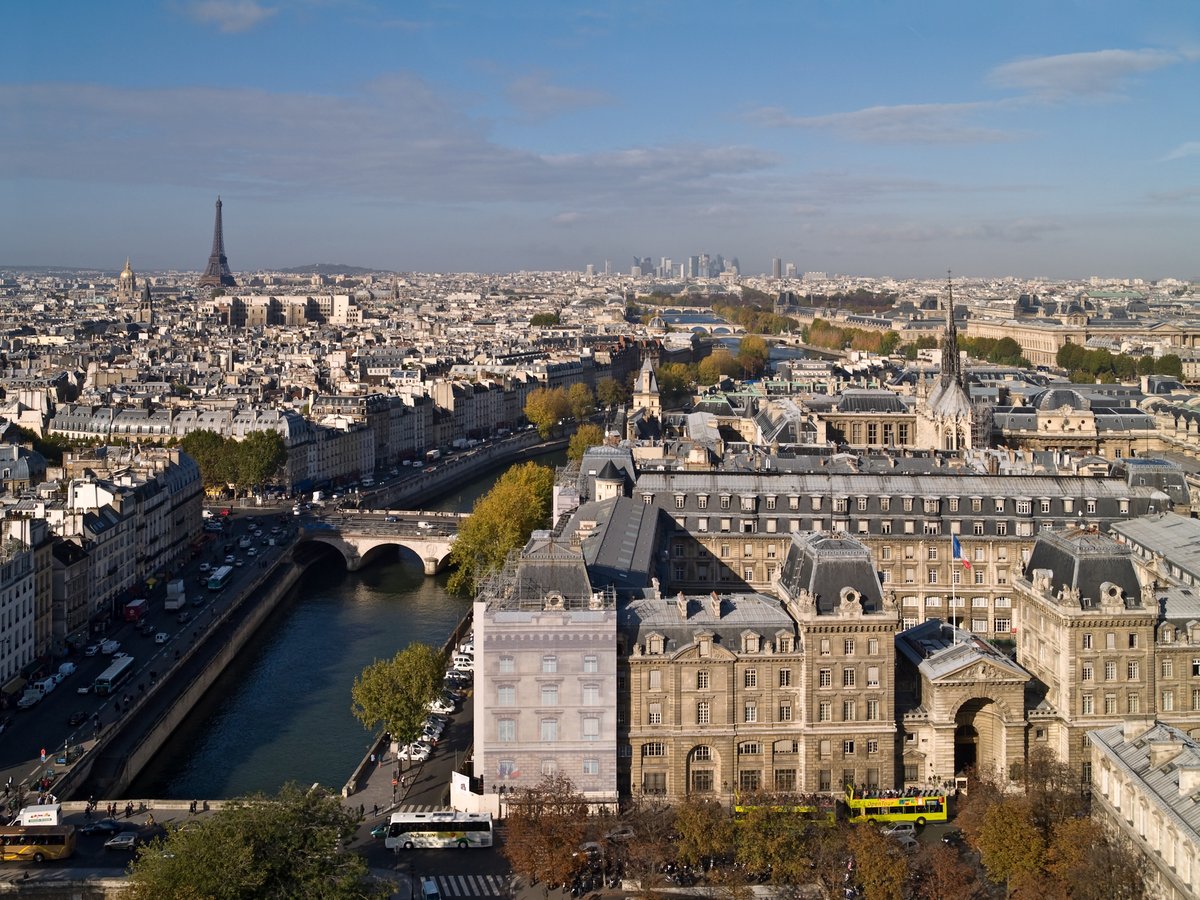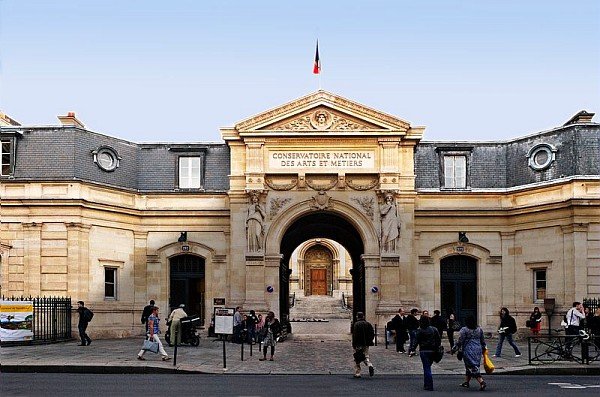Machine learning methods for prediction and control of turbulent flows
June 16–18, 2021, Conservatoire National des Arts et Metiers, Paris, France ---
Hybrid event
The steady rise of machine learning techniques, combined with the availability of affordable sensor arrays, has had a transformative impact in a large number of scientific fields. With the dramatic increase in data accessibility and computational power, traditional model-based approaches in engineering are giving way to a data-enhanced paradigm. Prediction and control of turbulent flows, a challenging area of engineering sciences, are no exception in this respect. Despite early attempts, the successful control of such complex systems by machine learning techniques raises specific issues such as weak observability or an exhaustive range of temporal and spatial scales. Moreover, the effective incorporation of knowledge about the physical system, such as symmetries, invariances or conservation laws, into the learning process is far from trivial.
Nonetheless, recent success of machine learning techniques in the prediction of chaotic dynamical systems and control of highly nonlinear flows has fueled a great many research efforts and has shown that progress in this field critically relies on an interdisciplinary skill set, ranging from applied mathematics and machine learning to physics, from computer science to experimental methods. The aim of the proposed workshop is to bring together control practitioners, fluid dynamicists and machine learning experts to critically review recent developments in the field and identify both opportunities and challenges in using machine learning techniques for high-dimensional physical systems. The workshop should act as a forum for exchanging ideas and as an occasion to learn and discuss.
The workshop will be held in a hybrid way. While in person attendance is encouraged to enjoy the full experience and interactions, a remote participation is also possible.
Keywords
The workshop will focus on a number of topics including, but not limited to, the following (unsorted):
- Active and closed-loop control for flow control (noise mitigation, transition delay, drag reduction, mixing enhancement, etc.)
- Model-predictive control, genetic programming, reinforcement learning, ...
- Spectral analysis (operator-theoretic tools, generalized stability analysis, etc.)
- Dimensionality reduction, manifold learning, kernel methods
- Deep learning, data-mining, Physics-informed machine learning, ...
- Estimators / observers, data-assimilation
- Sensors and actuators placement
Invited keynote speakers
- Prof. Luca Biferale (Dept. of Physics, University of Rome, Italy)
- Prof. Erik M. Bollt (Dept. of Electrical and Computer Engineering, Clarkson University, USA)
- Prof. Karthik Duraisamy (Computational Aerosciences Lab, U. Michigan, USA)
- Prof. Angelo Iollo (University of Bordeaux and Inria Bordeaux, France )
- Prof. Themis Sapsis (Dept. of Mechanical Engineering, Massachusetts Institute of Technology, USA)
- Prof. Weiwei Zhang (School of Aeronautics, Northwestern Polytechnical University, P. R. China)
Sponsors
This event is sponsored by
Abstract submission
The submission is now closed.








